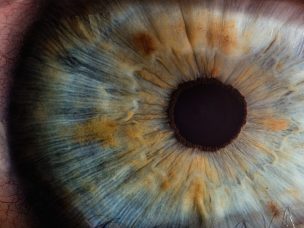November 4, 2021
Wet AMD Pipeline Therapies
Although anti-VEGF therapy has revolutionized care for wet age-related macular degeneration (AMD), real-world analyses have shown limited improvement in visual acuity over time, largely due to treatment burden. However, several pipeline therapies could reduce the financial and treatment burden of wet AMD therapy. This article, published in the International Journal of Retina and Vitreous, explored the...
Improving Women's Eye Health
In the United States, women are more at risk than men of developing a serious eye disease and vision impairment, and wet age-related macular degeneration (AMD) is no exception. While wet AMD is still prevalent in men, global studies have shown that women have a higher burden of vision loss from wet AMD, implying that...
Automated Diagnosis of AMD
Various automation procedures relying on artificial intelligence and machine learning have been tested to diagnose age-related macular degeneration (AMD). This article, published in the International Journal of Imaging Systems and Technology, examined the automated diagnoses of affected eyes using an algorithmic approach. The imaging data used for testing the automated diagnoses came from the STARE and...
Choroidal Thickness and Wet AMD Activity
As wet age-related macular degeneration (AMD) progresses, choroidal thickening is hypothesized to occur. However, some studies also report choroidal thinning in eyes with wet AMD. This study, published in QJM: An International Journal of Medicine, sought to clarify the relationship between choroidal thickness and choroidal neovascularization using spectral-domain optical coherence tomography. The study used data from 33...
Genetic Polymorphism and Wet AMD
Anti-VEGF intravitreal injections are used to treat wet age-related macular degeneration (AMD). This meta-analysis, published in Ophthalmic Research, examined the available research on the genetic polymorphism of ARMS2 A69S conferring susceptibility to AMD with response to anti-VEGF therapy. Data were gathered through electronic databases and keyword searches. A total of 21 publications were selected for meta-analysis....
Lack of Quality Internet Content on AMD
Patients are increasingly turning to the internet as a source of information on health issues. However, no standard currently exists across public websites on how to provide information about age-related macular degeneration (AMD) to patients. This cross-sectional study, published in Seminars in Ophthalmology, examined the quality and readability of free online information on AMD. The study...





